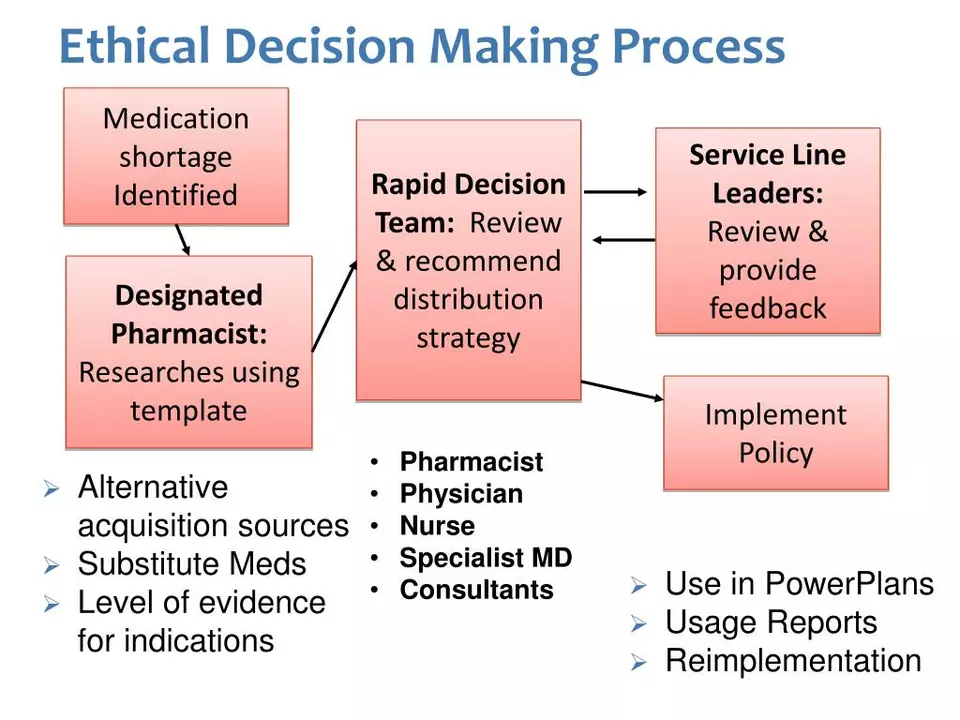Health considerations: practical tips for meds, treatments, and safety
A wrong dose, a counterfeit pill, or the wrong allergy medicine during pregnancy can cause serious problems. This tag page gathers clear, useful guidance on common health decisions: how to buy meds safely, when to consider alternatives, and how to handle common conditions like asthma, chronic pain, and mental health issues.
Medication safety and online pharmacies
Want to buy meds online? check three things first: the pharmacy’s license, real contact info (phone and address), and whether they require a prescription for prescription-only drugs. Red flags include unbelievably low prices, no pharmacist contact, and sites that ship from many countries without clear origin. Use secure checkout (https) and read several independent reviews before ordering. If a site sells controlled meds or prescribes without an exam, walk away.
Drug interactions matter. Before you start a new medicine or supplement, run a quick interaction check (many tools exist) or ask a pharmacist. Don’t swap one drug for another just because it’s cheaper — dosing, side effects, and interactions differ. For kids, dosing errors are especially risky: always verify pediatric doses with a healthcare provider and use proper measuring devices, not kitchen spoons.
Choosing alternatives and managing chronic conditions
Looking for substitutes to a drug like albuterol, diclofenac, or amoxil? Alternatives exist, but they aren’t one-size-fits-all. For asthma relievers, levalbuterol may cause fewer shakes for some people, but a child’s doctor should decide. For pain, options include other NSAIDs, topical gels, or acetaminophen — but long-term acetaminophen raises liver concerns and NSAIDs can affect the heart and stomach. Match the alternative to your medical history, not just cost or marketing.
Pregnancy changes what’s safe. Nasal sprays and cold medicines differ in safety profiles: some decongestants are best avoided early in pregnancy, while certain steroid nasal sprays have safer records. Always check current guidance and ask your OB before taking anything for congestion.
Mental health and chronic disease need extra care. Kidney disease, for example, changes how some antidepressants are processed and can increase side effects. If you or a loved one has renal failure, dementia, or chronic fatigue, involve specialists when changing meds. Caregivers should track symptoms, side effects, and medication changes in one place to share with providers.
Supplements like willow bark or DMSO sound natural but can interact with prescriptions and affect lab tests. Treat supplements like medicines: research them, check interactions, and tell your clinician about everything you take.
If you’re unsure, ask: Is this drug needed now? Can a safer alternative work? What are the real risks for me or my child? Small checks and quick conversations with a pharmacist or doctor prevent big problems. Use this tag to find practical articles on specific drugs, safe buying tips, and real-world alternatives so you can make smarter choices about your health.

